
Image Credits: Eco-Business.com
Recently in an Audit Report prepared by the Auditor – General’s Department of Sri Lanka, it was revealed that “approximately 70% of the quantity of plastic imported to Sri Lanka is dumped directly into the environment”. According to scientific studies, it takes thousands of years for polythene and plastic to decompose. Due to this slow decomposition rate, polythene dumped in to the environment cause substantial damages to the soil, water ways, ecosystems, wildlife and human lives.
Being concerned about the damages polythene and plastic cause to the environment of Sri Lanka, several preceding governments struggled to ban the use of polythene. Attempts were made by the incumbent governments in 1994 and 2006 to ban polythene but failed due to persistent pressure from polythene manufacturers and retailers.

Image Credits: Dinuka Liyanawatte/ Reuters/Business Insider
In 2008, an attempt was made by the government to impose “an Environmental Conservation Levy” on specified items owned by consumers, specified items imported in to or manufactured in Sri Lanka and specified services provided in Sri Lanka which are likely to have a harmful impact on the environment through the enactment of the Environmental Conservation Levy Act No. 26 of 2008. The purpose of the enactment was to change the “behavioural patterns” of the consumers in order to encourage them to opt for more environmentally friendly alternatives. But this attempt of the government was challenged by a consumer who filed a fundamental rights application in the Supreme Court.
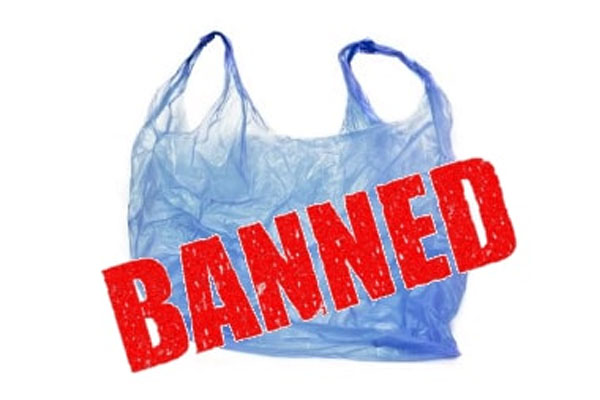
Image Credits: CNI News
The partial ban imposed in 2017
In 2017, several gazettes were issued by the then Minister of Environment to prohibit the use of polythene in Sri Lanka. The Gazettes were issued to prohibit,
- The manufacture, sale, offer for sale, offer free of charge, exhibition or use of polythene or any polythene product of twenty (20) microns or below in thickness.
- The manufacture, sale, offer for sale, offer free of charge, exhibition or use of food wrappers (lunch sheets) made from polythene as a raw material.
- The manufacture of any bag of high density polyethylene and the sale, offer for sale, offer free of charge, exhibition or use of any bag manufactured from high density polyethylene as a raw material.
- The manufacture, sale, offer for sale, offer free of charge, exhibition or use of food containers (lunch boxes), plates, cups and spoons manufactured from expanded polystyrene.
- The open burning of refuse or other combustible matters inclusive of plastics.
- The use of all forms of polyethylene, polypropylene, polyethylene products or polypropylene products as decoration in political, social, religious, national, cultural or any other event or occasion.
The said ban does not completely prohibit the manufacture and use of polythene in Sri Lanka but limit the manufacture and use of polythene or any polythene product of twenty (20) microns or below in thickness.
Upon the issuance of this partial ban, polythene manufacturers recoiled at the inadequate notice of implementation hence a Cabinet-appointed Committee was constituted to look into the ban and make recommendations before January 2018. Accordingly, the ban came into full force from the 1st of January 2018.
Enforcement of the law
Any person who contravenes or fails to comply with the aforesaid regulations is punishable under the Section 31 of the National Environmental Act No. 47 of 1980 (as amended). According to Section 31 such violators, on conviction before a Magistrate are liable to imprisonment of either description for a term not exceeding two years or to a fine not exceeding fifteen thousand rupees or to both such imprisonment and fine”.
Furthermore, in order to enforce the law, the Central Environmental Authority together with the Consumer Affairs Authority and the Sri Lanka Police carries out regular raids and inspections throughout the country.
Effectiveness of the ban
According to a research done by the Hector Kobbekaduwa Agrarian Research and Training Institute (HARTI),
- “67% of the Consumers and 71% Supermarkets surveyed had pointed that the grocery bags available following the ban, were of inferior strength requiring the use of double bagging causing higher bag consumption than before.
- According to manufacturers of grocery bags, LDPE based bags used at present, were not only of lower strength, but also incurred a higher production cost while also being more difficult to recycle after use.
- 74% of the food vendors surveyed complained that the new lunch sheets were easily damaged, leading to leaking of wrapped food while also making the wrapping process more difficult compared to the polythene sheets used before.
- 60% of those interviewed in this study considered the “polythene ban” to be a failure. Only 20% was of the opinion that it was effective”.
According to the research, drawbacks such as the quality of the newer grocery bags and lunch sheets have resulted in an apparent increase in the use of polythene bags and the limited availability of affordable eco-friendly alternatives have caused the move to eco-friendlier options less attractive.
Factors affecting the compliance of the ban
Various concerns of manufacturers/retailers and consumers impact on the level of compliance of the polythene ban in Sri Lanka. The following are such concerns,
Manufacturers/ Retailers
- Strike a balance between the public interest of the environmental regulation as well as other market oriented interests.
- Cost
- Availability of alternatives
- Inadequate notice of implementation
- Concessions to the importation of raw materials
Consumers
- The level of enforcement of the ban
- Availability of alternatives
- Cost
- Convenience
- Awareness of the ban and its consequences
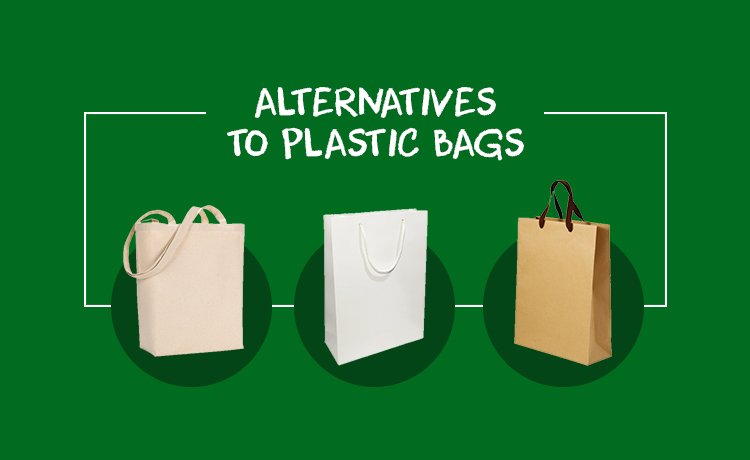
Image Credits: CivilsDaily.com
Way forward
In order to ensure that the polythene ban is effectively enforced so as to reduce the polythene consumption in Sri Lanka it is vital to,
- Strictly enforce the law.
- Carry out consistent inspections and raids.
- Impose levies and taxes on polythene and polythene products in order to reduce the consumption.
- Grant incentives, concessions such as tax rebates to retailers/manufactures and consumers of eco-friendly products.
- Boost government and private partnership.
- Raise awareness among the public.
- Make affordable alternatives available.
- Encourage the use of eco-friendly products.
- Adhere to the method of ‘polluter pays, by way of extended producer responsibility’.
- Incorporate proper Waste Management mechanisms.
- Opt for recycling and up-cycling
Given the considerable damage polythene and polythene products cause to the environment of Sri Lanka it is high time that more stringent laws are implemented and the laws are strictly enforced.
~By Chamindri Liyanage~
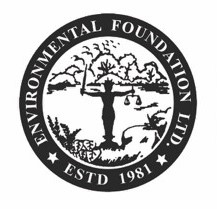
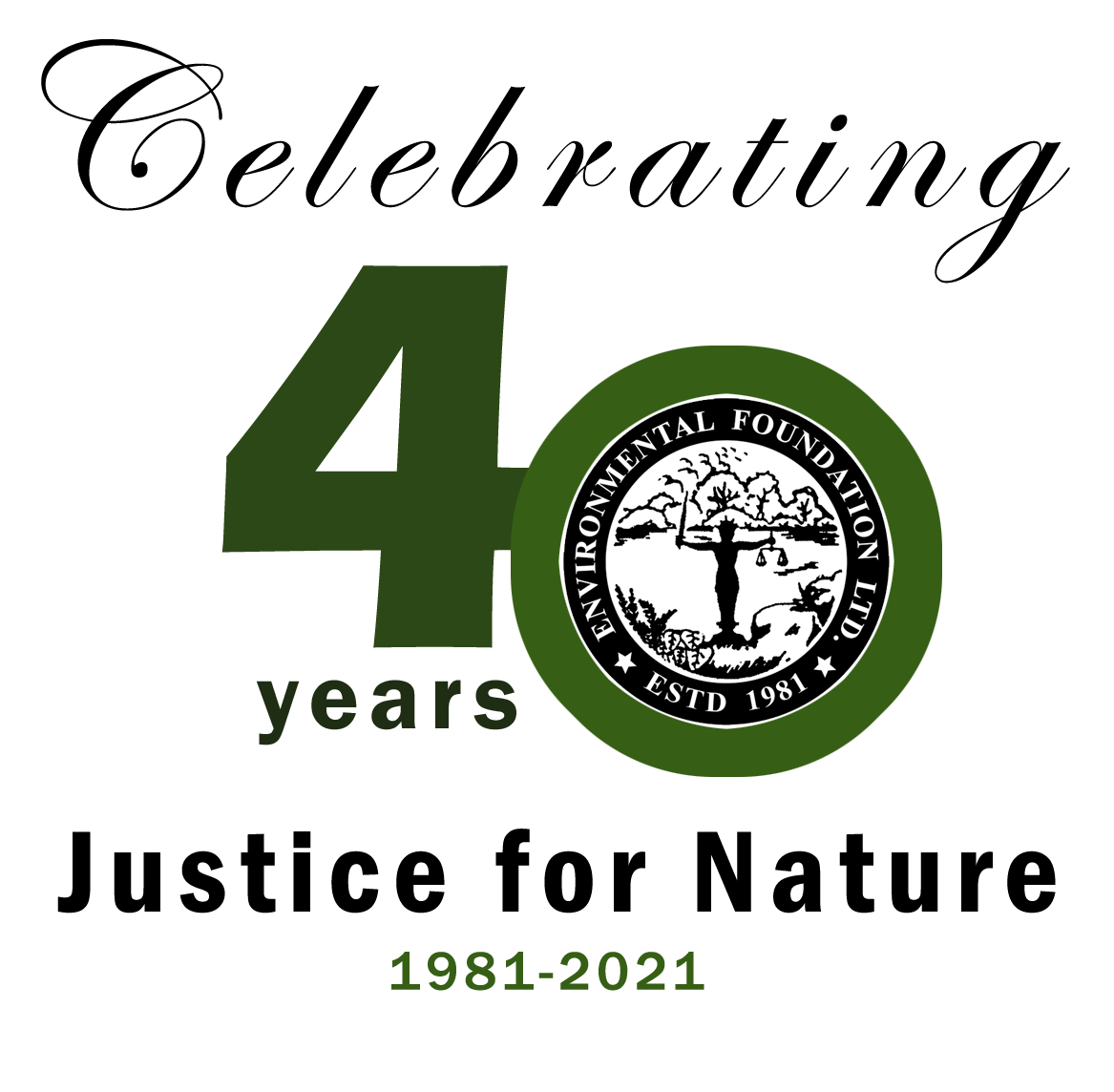


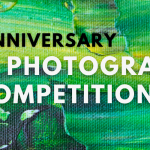
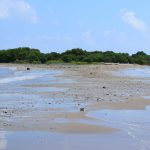

No comments yet.